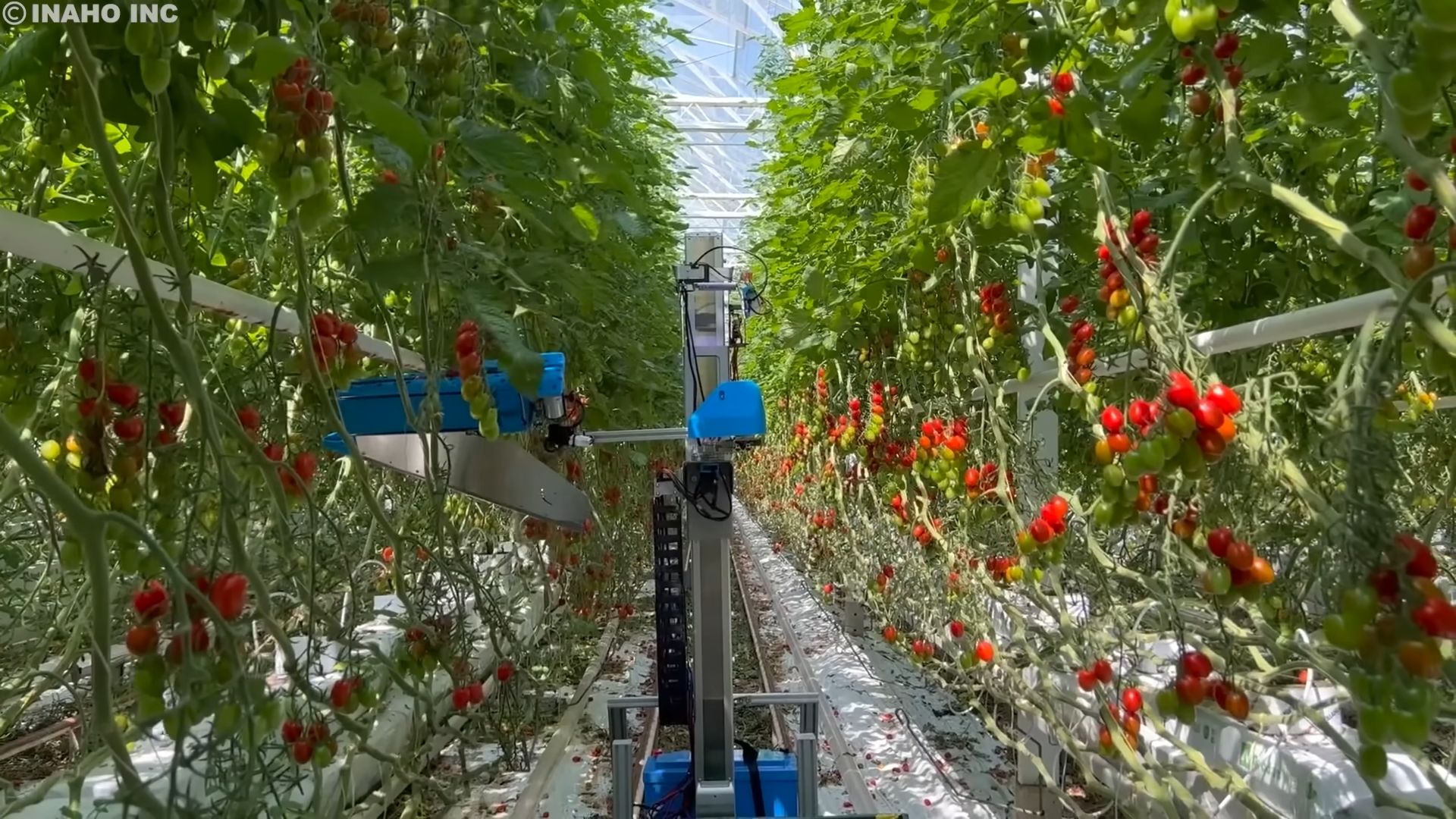Farming jobs in America have long been a source of employment for migrants from various parts of the world, including the Caribbean. The agricultural sector in the United States offers diverse opportunities, from crop cultivation to animal husbandry, attracting individuals seeking better livelihoods and economic stability. This article delves into the landscape of farming jobs in America, focusing on the experiences and contributions of Caribbean migrants in this vital sector.
Opportunities in Farming
The agricultural industry in America encompasses a wide array of opportunities, ranging from small family-owned farms to large-scale commercial operations. With over 2 million farms spread across the country, there is a constant demand for labor in various aspects of agricultural production. Caribbean migrants, drawn by the promise of employment and a chance for a better life, often find opportunities in sectors such as fruit and vegetable farming, dairy farming, poultry production, and more.
[maaxshop title="CAP Shop"]
Challenges Faced by Caribbean Migrants
While farming jobs in America offer avenues for employment, Caribbean migrants often encounter challenges along the way. Language barriers, cultural differences, and unfamiliarity with agricultural practices specific to the United States can pose initial hurdles. Additionally, the seasonal nature of many farming jobs can lead to periods of unemployment, making financial stability a constant concern for migrant workers.
Contributions to the Agricultural Sector
Despite the challenges, Caribbean migrants make significant contributions to the American agricultural sector. Their hard work, resilience, and willingness to adapt contribute to the productivity and success of farms across the country. Many migrants bring valuable skills and knowledge from their homelands, enriching the agricultural landscape with diverse perspectives and expertise.
Integration and Community Support
Integration into local communities plays a crucial role in the success and well-being of Caribbean migrants working in farming jobs. Community organizations, advocacy groups, and support networks often provide essential resources such as language classes, legal assistance, and access to healthcare services. These initiatives help migrants navigate the challenges they face and foster a sense of belonging in their new environment.
Farming jobs in America present both opportunities and challenges for Caribbean migrants seeking employment and economic stability. Despite the obstacles they may encounter, migrants contribute significantly to the agricultural sector, enriching it with their skills, labor, and diverse perspectives. By addressing the challenges faced by migrant workers and promoting integration and support networks, stakeholders can ensure a more inclusive and sustainable agricultural workforce in the United States.















